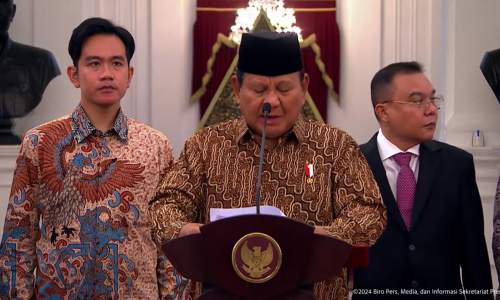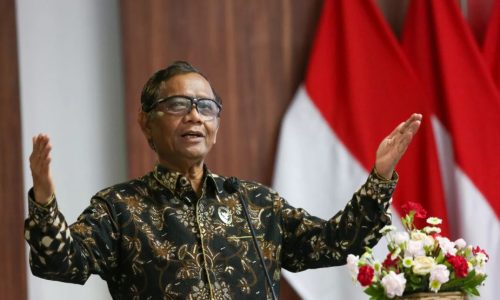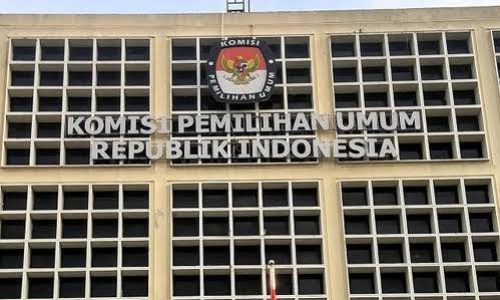A researcher has warned of the risks and challenges faced by the fat government of Prabowo Subianto-Gobran Rakabuming Raka in terms of target achievement and execution of programs.
Yanuar Nugroho, a researcher with Nalar Institute who also served as Deputy to Presidential Chief of Staff for the period of 2014-2019, said the Prabowo-Gibran central government, which consists 48 ministers, 56 deputy ministers, six minister-level officials, 11 agency heads, seven special envoys and six special advisers, has made it the largest government structure since the era of founding President Sukarno.
Yanuar cited several risks of a fat government structure. First, it cannot operate immediately, let alone run.
“This could be an obstacle for the government to work immediately and achieve targets. The experience of establishing institutions, such as the National Research and Innovation Agency (BRIN) and the Nusantara Capital City (IKN) Authority, shows that the preparation for organizational structures, salaries, and work regulations cannot be completed in a short time. In fact, Prabowo needs his cabinet to run fast and achieve the development goals,” Yanuar said in a statement uploaded on his X account on October 21, 2024.
The next obstacle, he added, is that inter-ministerial coordination can become more complicated. He cited the experience in then President Joko Widodo’s administration, when coordination among 34 ministries alone was often not easy, along with the emergence of “sectoral ego” where each ministry focused only on its respective sectors.
Now, with 48 ministries, the coordination challenge seems to be getting more difficult. “Prabowo must overcome the potential for sectoral conflicts so that his cabinet can work synergistically,” he said.
Yanuar said further that an expanded cabinet can have an impact on budget efficiency. Issues that should have been resolved by one or two ministries may now involve more ministries, which means more time, resources, and budget are needed. This does not include financing for the salaries of ministers, deputy ministers, and special staff who accompany them.
“When the cabinet becomes too large, the existing bureaucracy can hinder the acceleration of government programs,” he said.
Acceleration Solution
Expansion of the number of ministries is possible after the revision of the Law on State Ministries which gives President Prabowo (and subsequent presidents) the right to form a cabinet as large or as small as possible.
“However, is this expansion only to accommodate political interests? If so, it is legitimate, because it is the president’s prerogative. Even so, Prabowo must show that his cabinet remains professional and capable of carrying out its duties effectively. Otherwise, the promises stated in Astha Cita could fail to be realized,” he said.
For that, according to Yanuar, Prabowo needs to strengthen the Presidential Staff Office (KSP), technocratically, not politically, to ensure that the president’s political promises are translated into development priorities.
“With a strong supervisory role, KSP can become a control center that ensures the direction of development policies and programs run according to plan,” he said.
Second, overlapping regulations can be a major obstaclethat laws, government regulations, to ministerial regulations must be tidied up so that there are no conflicting regulations. Otherwise, the risk of stalled development programs will be even greater.
Third, Prabowo needs to immediately develop an accountability mechanism with a multilateral approach. One initiative or priority must have a main person in charge, but the planning involves various institutions such as the National Development Planning (Bappenas), the Ministry of Finance, the Development Finance Comptroller (BPKP), and the Corruption Eradication Commission (KPK). That way, monitoring of implementation and evaluation of policies can be carried out more comprehensively.
Although these steps could be a solution, there are still major risks that could arise at the beginning of Prabowo’s leadership, Yanuar said.
A cabinet that is too large has the potential to create problems with coordination, efficiency, and management of a bloated budget. This could hinder the government’s efforts to realize its political promises.









